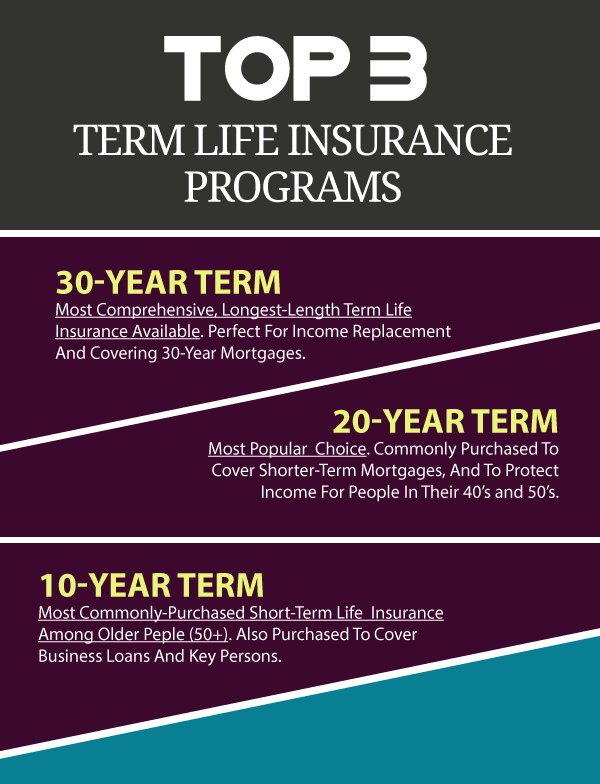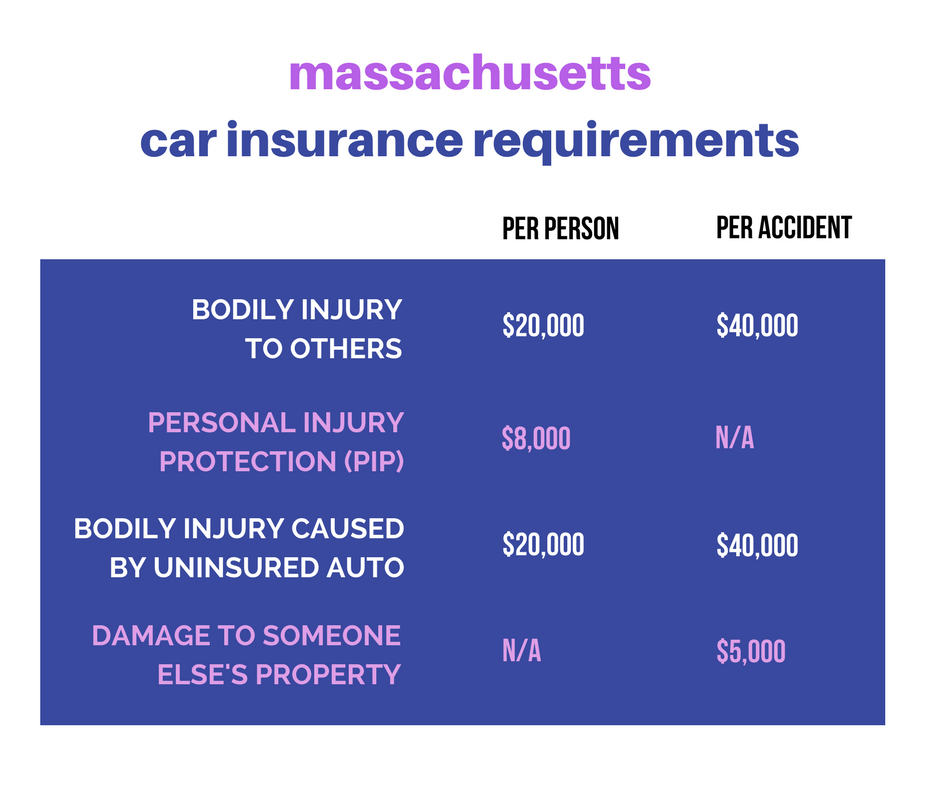Entire life and universal life insurance are both considered long-term policies. That means they're developed to last your whole life and will not end after a specific period of time as long as needed premiums are paid. They both have the possible to collect cash value in time that you may be able to borrow versus tax-free, for any factor. Due to the fact that of this function, premiums may be greater than term insurance coverage. Entire life insurance coverage policies have a set premium, suggesting you pay the very same amount each and every year for your coverage. Similar to universal life insurance, whole life has the potential to collect money value in time, producing an amount that you might have the ability to borrow against.
Depending on your policy's possible money worth, it may be utilized to avoid a superior payment, or be left alone with the potential to collect value gradually. Potential growth in a universal life policy will differ based on the specifics of your private policy, in addition to other aspects. When you purchase a policy, the issuing insurance coverage business establishes a minimum interest crediting rate as described in your agreement. However, if the insurance provider's portfolio makes more than the minimum rates of interest, the company may credit the excess interest to your policy. This is why universal life policies have the prospective to make more than a whole life policy some years, while in others they can make less.

Here's how: Because there is a money value element, you may be able to skip premium payments as long as the cash worth is enough to cover your needed costs for that month Some policies might enable you to increase or decrease the death advantage to match your particular scenarios ** Oftentimes you might borrow against the cash worth that may have accumulated in the policy The interest that you may have made gradually collects tax-deferred Whole life policies offer you a repaired level premium that will not increase, the potential to collect money value over time, and a fixed survivor benefit for the life of the policy.
As an outcome, universal life insurance coverage premiums are normally lower throughout durations of high rates of interest than whole life insurance premiums, often for the exact same quantity of coverage. Another key difference would be how the interest is paid. While the interest paid on universal life insurance is frequently adjusted monthly, interest on an entire life insurance coverage policy is generally adjusted each year. This could indicate that throughout durations of rising interest rates, universal life insurance coverage policy holders may see their cash values increase at a quick rate compared to those in whole life insurance coverage policies. Some people might choose the set death benefit, level premiums, and the capacity for growth of an entire life policy.
Although entire and universal life policies have their own unique functions and advantages, they both focus on supplying your liked ones with the money they'll need when you pass away. By working with a certified life insurance coverage agent or business representative, you'll have the ability to pick the policy that finest satisfies your individual requirements, budget, and monetary goals. You can also get atotally free online term life quote now. * Supplied necessary premium payments are timely made. ** Increases may be subject to extra underwriting. WEB.1468 (When is open enrollment for health insurance). 05.15.
How Much Is Homeowners Insurance Things To Know Before You Get This
You don't have to guess if you need to enlist in a universal life policy due to the fact that here you can learn all about universal life insurance benefits and drawbacks. It's like getting a sneak peek prior to you buy so you can choose if it's the ideal type of life insurance coverage for you. Check out on to find out the ups and downs of how universal life premium payments, cash worth, and death benefit works. Universal life is an adjustable type of permanent life insurance that allows you to make changes to two primary parts of the policy: the premium and the survivor benefit, which in turn impacts the policy's cash value.

Below are some of the overall pros and cons of universal life insurance coverage. Pros Cons Designed to offer more versatility than entire life Doesn't have actually the guaranteed level premium that's offered with entire life Cash worth grows at a variable rate of interest, which might yield greater returns Variable rates likewise suggest that the interest on the money worth might be low More opportunity to increase the policy's money worth A policy generally requires to have a favorable money value to stay active Among the most appealing functions of universal life insurance coverage is the ability to select when and just how much premium you pay, as long as payments satisfy the minimum quantity needed to keep the policy active and the IRS life insurance coverage guidelines on the optimum amount of excess premium payments you can make (What does renters insurance cover).
However with this flexibility also comes some downsides. Let's discuss universal life insurance pros and cons when it pertains to altering how you pay premiums. Unlike other kinds of irreversible life policies, universal life can adjust to fit your financial requirements when your capital is up or when your spending plan is tight. You can: Pay greater premiums more frequently than required Pay less premiums less typically or even skip payments Pay premiums out-of-pocket or use the cash value to pay premiums Paying the minimum premium, less than the target premium, or avoiding payments will negatively affect the policy's cash worth.